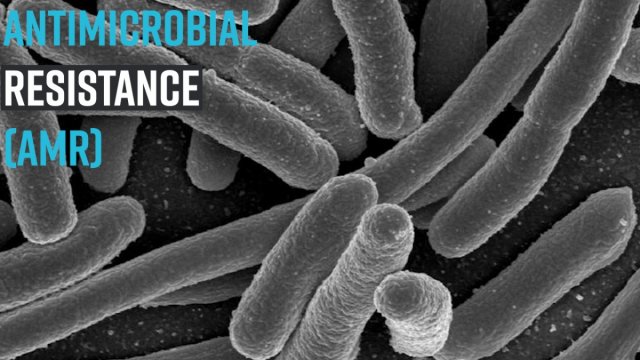

In a first of its kind, new research found that children who are allergic to cow's milk grow into early adolescence to be smaller and weigh less than peers who also have allergies to peanuts or tree nuts. The findings reiterate some recent research that suggests young adults with persistent cow's milk allergy may not reach their full growth potential, said scientists who had conducted a longitudinal study.
These findings, published online in The Journal of Allergy and Clinical Immunology, It remains, unclear about how these growth trends ultimately influence the possible height these children reach when they grow or how much they weight when they become adults.

Multiple food allergies
"As these children often have multiple food allergies and other conditions, such as asthma, there are likely factors besides simply avoiding cow's milk that may contribute to these findings. These children also tend to restrict foods beyond cow's milk," said Karen A. Robbins, lead author of the study and an allergist in the Division of Allergy and Immunology at Children's National Hospital.
According to the US Centers for Disease Control and Prevention, 1 in 13 American children has a food allergy with milk, eggs, fish, shellfish, wheat, soy, peanuts and tree nuts and there is no cure for such allergies, though they can be life-threatening too. Eventually, many of these children tend to eliminate one or more major allergen from their diets, she said.
Grow up avoiding allergens

The research team collaborated across several institutions to review the charts of pediatric patients diagnosed with persistent immunoglobulin E-mediated allergy to cow's milk, peanuts or tree nuts. Only those children who had to have at least one clinical visit during three defined time frames from the time they were age 2 to age 12 were included in the study. Their recorded height and weight with complete data was made available to the research team.
The children allergic to cow's milk had to eliminate it completely from their diets, the researchers noted. The study was conducted from November 1994 to March 2015 and 191 children's data was taken into account and of them 111 with cow's milk allergies and 80 with nut allergies. In all, these children visited hospitals 1,186 times between the ages of 2 to 12.
Height discrepancy vivid
Among the sample. 61% of children allergic to cow's milk were boys, while 51.3% of children with peanut/tree nut allergies were boys. Their height discrepancy was also more pronounced by ages 5 to 8 and ages 9 to 1 as for the 53 teens who had clinical data gathered after age 13, differences in their weight and height were even more striking, said the study.
Since such food allergies have prompted a wider selection of allergen-free foods being available, an improving understanding of the food allergies among the public is helping the children outgrow cow's milk allergies since early childhood, said Dr Robbins.









